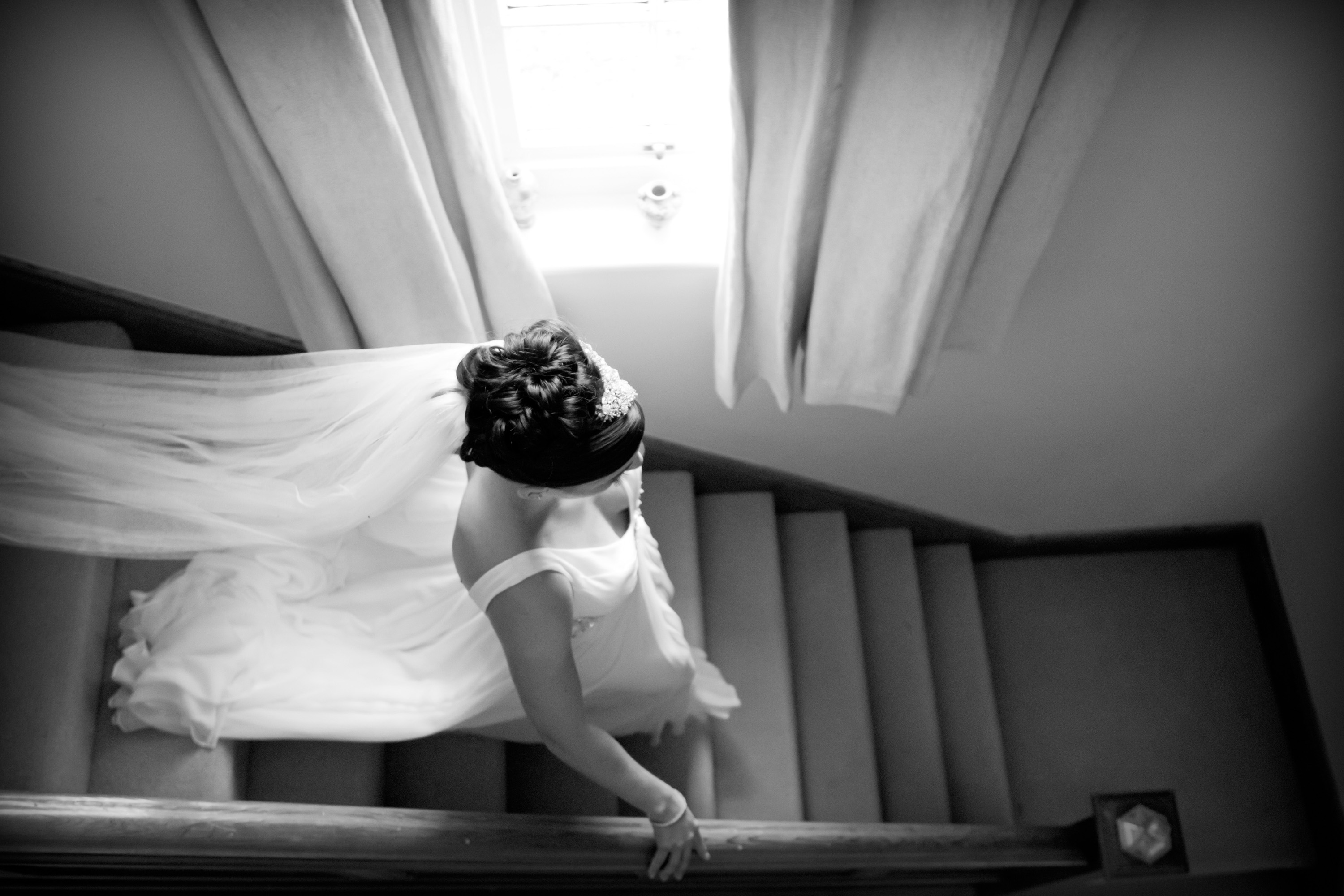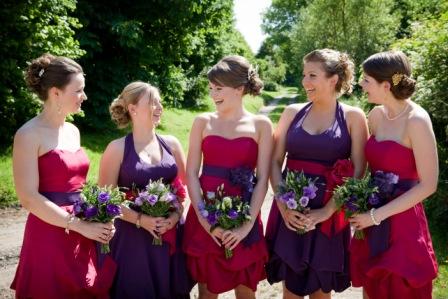Congratulations you’re engaged! You’re on cloud nine, your fiancée has declared his love and asked you to become his wife, you excitedly talk about the future and your wedding day. You dream about the dress, partying with your friends and of course becoming husband and wife.But, then the panic sets in. Just how do you plan a wedding, where should you begin? Originally published in 2009, my planning guide should set you on the right path!

Step 1 – What Wedding do you want?
One of the first things I do with clients is to conduct a consultation; this is to determine what style of wedding they want and which suppliers will suit them best. So, although you will not need a consultation with yourself, do compile a questionnaire and go out somewhere relaxing to discuss it. By the end of your evening you should be clear on what you both want from a wedding and most importantly, what you can afford.
1. Talk about when to get married
2. Discuss what you both want from a wedding
3. Compile a rough guest list to get an idea of numbers (you will need this for when you start searching for venues)
4. Discuss type of ceremony i.e religious or civil
5. Talk about the type of venue you would prefer, i.e hotel, manor house, barn, marquee etc
6. Choose wedding attendants
7. Talk about who is paying for the wedding, is it solely you or are parents contributing to part or all of the wedding?

Be organised from the start
You will need somewhere to keep all the wedding documentation. There are many specialist books made especially for this purpose otherwise buy a simple display book or filing folder from your local stationery store. You should keep invoices, supplier letters and pictures you like here, easily assessable when needed. Of course for the technical brides out there, consider having a wedding website where pictures can be stored and guest lists compiled and tracked.
Rough Guest List
It stands to reason that ideally you’d have all your family, friends and work colleagues at your wedding. Remember though that every guest has a price to their head and not just the wedding breakfast, but drink, table flowers, favours and stationery. Create an A & B list, that way if anyone from the A list declines you can invite someone from the b list.
Ceremony type
There are many forms of ceremonies, too many to list here so I have just concentrated on the most popular ones in the UK.One of your first major decisions will be what type of ceremony to have. Will you want a religious or civil ceremony? If you wish to marry in your local church then arrange a meeting with your vicar, most require you to attend church on a regular basis but some are flexible so do check. The banns will be read out in church on 3 consecutive Sundays after which you must marry within 3 months. Try http://www.cofe.anglican.org/lifeevents/weddings for further guidelines.If you wish to have a civil ceremony then contact the registrar in the town you wish to marry. They will then send you a list of licensed venues in that area along with details of local register offices. The earliest you can confirm a date with a registrar is 12 months before, so even if you book a venue 18 months in advance, there is no guarantee on the ceremony time or even availability of a registrar until 12 months.If you are planning a civil partnership then again by contacting your local registrars you will be given a list of licensed venues in the UK.
Alternatively if you want to plan something different then why not have a legal civil ceremony followed by a humanist celebration? These can take place anywhere and are as individual as the couple themselves. You may have any reading, poem, song that you wish and the ceremony can be conducted anywhere, i.e. beaches, cliff tops, gardens, boats etc. go to humanism for further details.
Ceremony Time
Early ceremonies are good if you have lots of entertainment planned and evening guests. A later ceremony is perfect for the same guests all day creating a more relaxed atmosphere. A late ceremony means a late wedding breakfast and reduces the need for evening food. A cheese table with bread and fruit is more then sufficient.

Photo Credit: Kerry Morgan & Nick Kontou